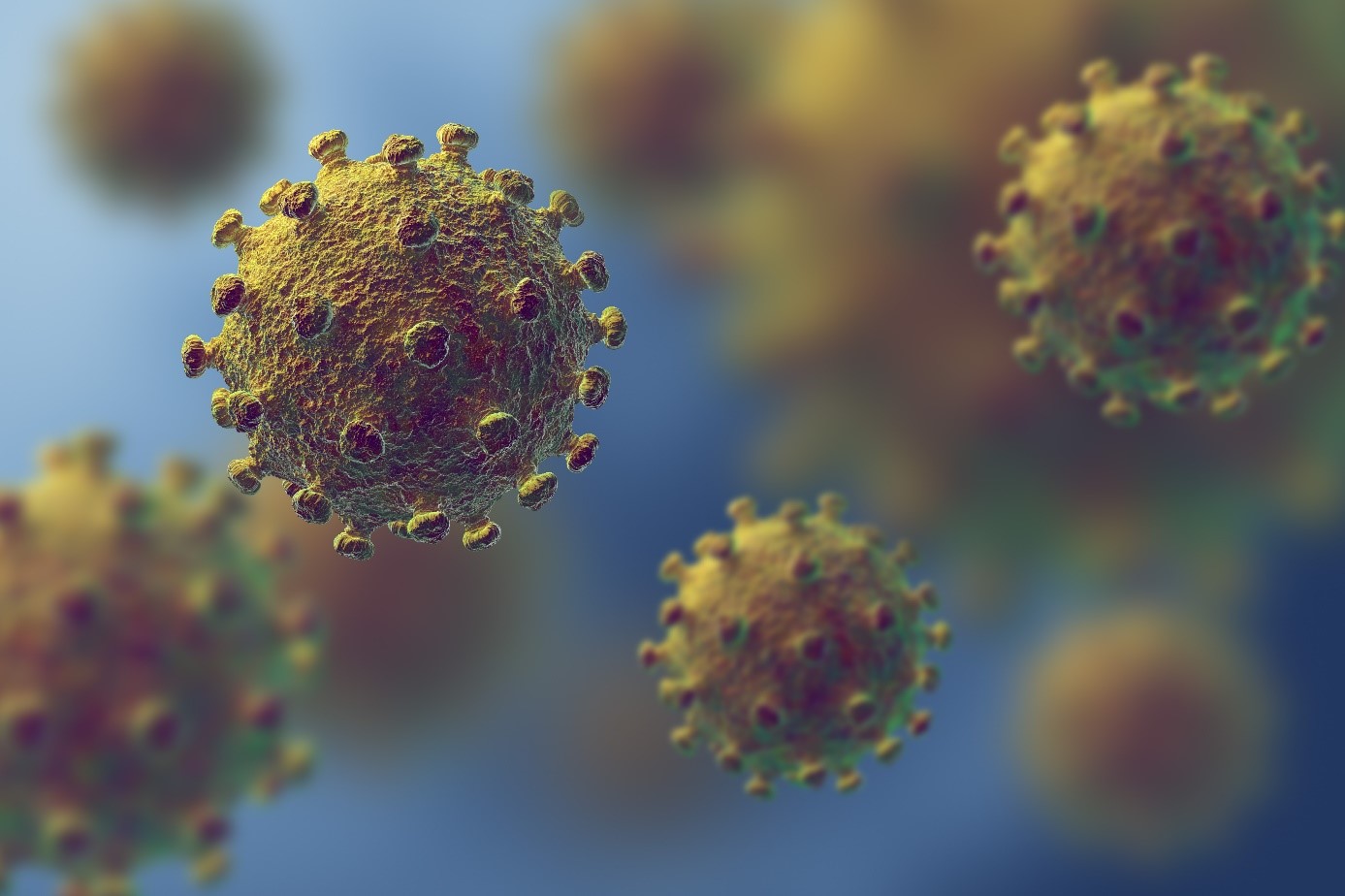Written by Svetla Tanova-Encke,

Accurate, reliable and timely information about scientific or health topics has always been important, but in a pandemic, it becomes critical. The demand for credible and science-based data today is enormous, as people seek analysis and expert opinion in response to the crisis. Despite the worrying spread of false claims about Covid‑19, it seems that in critical times people increasingly return to scientific evidence and rediscover that expertise matters. It is therefore essential to provide as much reliable information from trustworthy sources as possible.
The European Science-Media Hub (ESMH), launched two years ago by the European Parliament’s Panel for the Future of Science and Technology (STOA), has a mission to promote trustworthy, science-based information and knowledge dissemination at the interface between the Parliament, the scientific community and the media. The ESMH focuses on the nature and effectiveness of science journalism and science communication. Fulfilling its mission during the novel coronavirus crisis, the ESMH has launched a number of initiatives to promote sound science and accurate science information.
One of these new products is a series of interviews with leading European virologists and immunologists about the strategies to fight the epidemic and the experience in different European countries. With the help of science writers, the ESMH team conducted interviews with experts from Italy, Spain, Germany, the Netherlands and the United Kingdom, and continue to collect further scientists’ opinions. These Covid‑19 interviews were included among the top resources and information listed by the Science Advice for Policy by European Academies (SAPEA) website, which forms an integral part of the European Commission’s Scientific Advice Mechanism (SAM).
The interviewees discuss the public health measures, confinement, the importance of testing and active surveillance and better healthcare system preparedness for a pandemic. All the experts underline the urgent necessity for cooperation and coordination at European level of research data, studies, data from clinical trials and drug development.
The EU is certainly aware of this need: On 20 April 2020, the European Commission, together with several partners, launched a European Covid‑19 data platform to enable the rapid collection and sharing of available research data. The platform is part of the ERAvsCorona action plan that aims at supporting researchers in Europe and around the world in the fight against the coronavirus outbreak.
Another recommendation from the experts – to establish an epidemiological expert council – proposed by Professor Alexander Kekulé has, in the meantime become reality: on 17 March 2020 the European Commission launched an advisory panel on Covid‑19, composed of seven leading European researchers.
One of the members of the advisory group, Professor Marion Koopmans warns in her interview that we could see more of this kind of danger in the future ‘if we topple natural balances’. Professor Ilaria Capua, Director of the One Health Center of Excellence for Research and Training, at the University of Florida in the United States of America, holds a similar position.
Professor Capua and other scientists are raising the question of better communication of science evidence to the general public and to policy-makers. According to Professor Kekulé, more scientists need to communicate and interact with the public. However, his firm opinion is clear: ‘Scientists should not take the political decisions. Ultimately, the decisions need to be taken by democratically elected politicians’.
In this context, the role of STOA as a parliamentary panel providing advice in the field of science and technology developments is an essential aid to parliamentary activities in relation to the crisis. The ESMH, operating under the political responsibility of the STOA Panel, will continue to gather European researchers’ opinions and to promote science evidence and sound science.








[…] Source Article from https://epthinktank.eu/2020/05/05/listening-to-the-experts-esmh-interviews-with-scientists-on-corona… […]
[…] ‘Listening to the experts, interviews with scientists on coronavirus’ project. The ESMH also publishes articles on aspects of the health crisis, including treatments for Covid‑19 and vaccines. […]